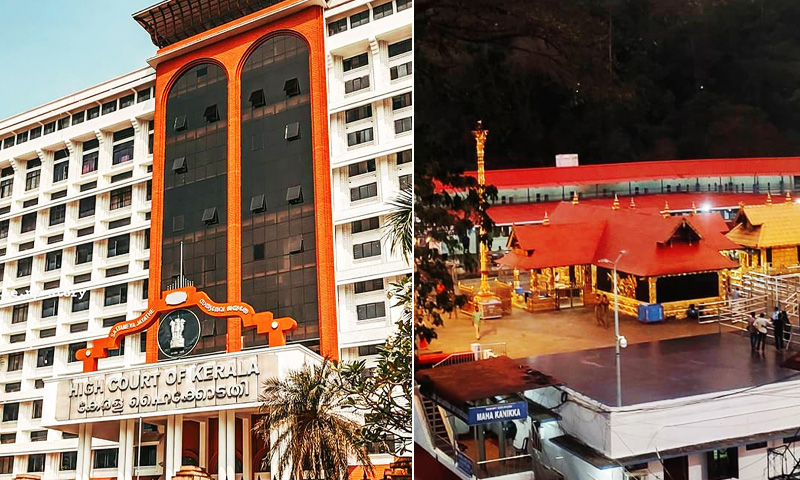Is Govt Authorized To Manage Affairs Of A Temple? Kerala High Court Asks In Sabarimala Virtual Queue Case
Hannah M Varghese
21 Oct 2021 6:07 PM IST

Next Story
21 Oct 2021 6:07 PM IST
The Kerala High Court on Thursday questioned the State and its Police Force if they are empowered to manage the affairs of the Sabarimala temple, overriding the powers of the Travancore Devaswom Board that acts as a trustee of the deity.A division bench of Justices Anil K Narendran and P.G Ajithkumar was adjudicating upon a PIL challenging the legality of the 'Sabarimala Pilgrim...
